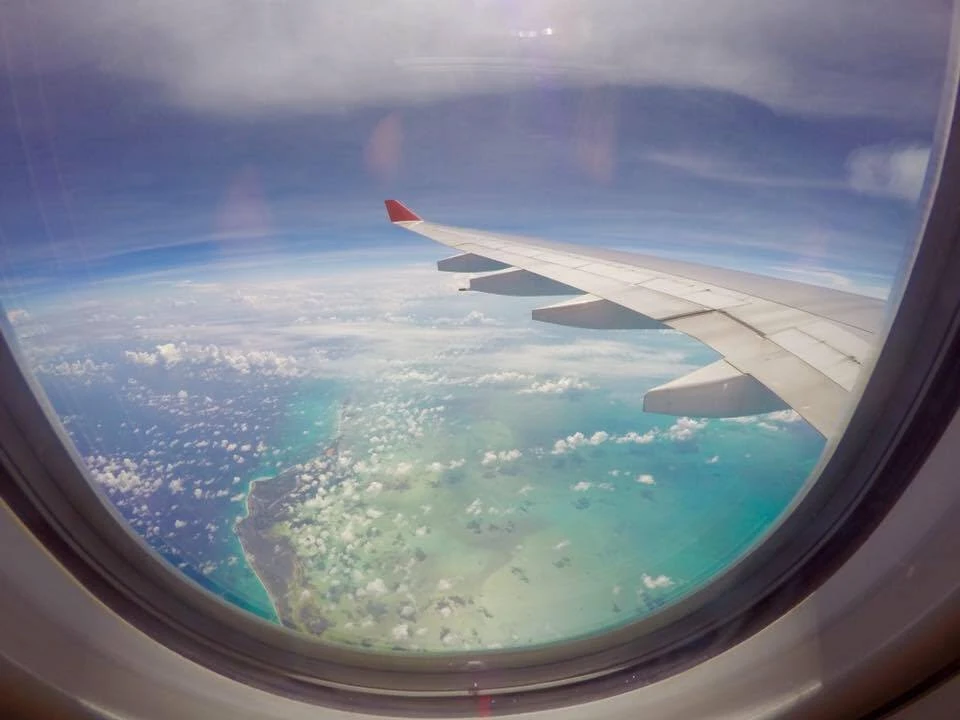President Luiz Inácio Lula da Silva’s government plans to support airlines financially, aiming to lower Brazil’s flight costs.
The plan, revealed soon, will offer public funds as loan guarantees via the national development bank.
This approach is seen as a temporary relief rather than a fix for the industry’s broader issues.
Lula focuses on affordable air travel for all income levels, a challenge due to Brazil’s high aviation fuel prices and the state oil firm’s pricing strategy.
The crisis deepened as airlines neared collapse during COVID-19, highlighted by Gol Linhas Aereas’s bankruptcy protection request in January. Now, Azul might buy this struggling airline.
The aid amount is the subject of debate, with proposals between R$5 ($1) billion and R$8 ($1.6) billion.

Analyst Ygor Araujo suggests this could relieve cash flow for six to eight months but would not cut fares alone.
Brazil’s airlines face challenges beyond fuel costs, including delayed new aircraft, legal issues, and customer lawsuits, causing ticket prices to soar by nearly 50% in December.
Lula criticizes these high prices, especially for northern flights costing up to R$10,000, sparking public anticipation for change.
Experts, like Moody’s Carolina Chimenti, doubt BNDES loan guarantees will directly lower ticket prices since they mainly address liquidity problems.
The government’s Voa Brasil program seeks discounted fares for students and seniors.
Moreover, Lula urges Petrobras to revise its fuel pricing, potentially reducing operational costs.
Brazil’s airline sector faces significant hurdles with thousands of monthly lawsuits and failed new airline ventures.
As noted by the International Air Transport Association, tackling these structural challenges, including fuel and capital costs and legal issues, is vital for the industry’s growth.
Background
In 2023, Brazil’s aviation industry faced challenges integrating budget airlines into its domestic market, a trend also observed across Latin America.
The Brazilian government aimed to reduce air travel costs but encountered obstacles due to the country’s high operational expenses, especially labor and legal costs.
The National Civil Aviation Agency (ANAC) highlighted the necessity for more affordable air travel options with a noteworthy 32% surge in average ticket prices from 2019 to mid-2023.
In Brazil, international route operators like JetSmart, Sky, and Flybondi faced hurdles in entering the local market.

